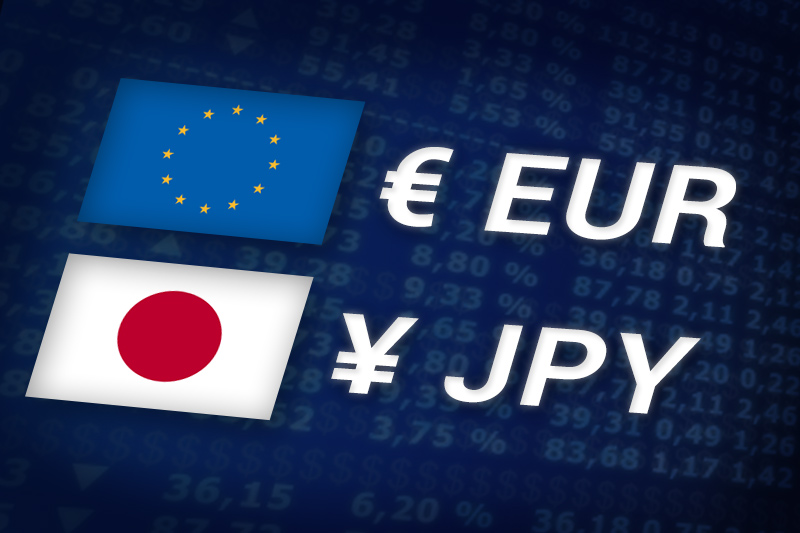Investing.com - The euro rose to a six-day high against the yen on Tuesday, but gains were limited as investors remained uncertain over the outcome of prolonged Greek debt talks due to resume later in the day.
EUR/JPY 100.97 during European afternoon trade, the pair’s highest since January 30; the pair subsequently consolidated at 101, adding 0.49%.
The pair was likely to find support at 99.98, the low of January 30 and resistance at 101.57, the high of January 27.
The euro came under pressure earlier in the session after official data showed that German industrial output dropped by 2.9% in December, disappointing expectations for a modest 0.1% decline.
The weak data sparked fresh concerns over the impact of the debt crisis in the euro zone on the region’s largest economy.
Meanwhile, Greek Prime Minister Lucas Papademos was set to hold talks with coalition leaders later Tuesday to try and reach a consensus on the terms of a second bailout, after postponing talks on Monday and failing to finalize an agreement over the weekend.
Earlier in the day, Eurogroup President Jean-Claude Juncker said he was confident Greece would remain in the single currency bloc, provided that the country fulfilled its obligations to other bloc members.
European Union officials have said a final agreement on Greece’s EUR130 billion bailout must be approved by February 15, in order to avert a default when a EUR14.5 billion bond repayment comes due on March 20.
Elsewhere, the yen was lower against the U.S. dollar with USD/JPY rising 0.22%, to hit 76.72.
Also Tuesday, Japanese Finance Minister Jun Azumi repeated that Japan will not rule out any steps to battle speculative moves in the yen.
Later in the day, Federal Reserve Chairman Ben Bernanke was due to testify on the economic outlook and federal budget situation before the Senate Budget Committee in Washington.
EUR/JPY 100.97 during European afternoon trade, the pair’s highest since January 30; the pair subsequently consolidated at 101, adding 0.49%.
The pair was likely to find support at 99.98, the low of January 30 and resistance at 101.57, the high of January 27.
The euro came under pressure earlier in the session after official data showed that German industrial output dropped by 2.9% in December, disappointing expectations for a modest 0.1% decline.
The weak data sparked fresh concerns over the impact of the debt crisis in the euro zone on the region’s largest economy.
Meanwhile, Greek Prime Minister Lucas Papademos was set to hold talks with coalition leaders later Tuesday to try and reach a consensus on the terms of a second bailout, after postponing talks on Monday and failing to finalize an agreement over the weekend.
Earlier in the day, Eurogroup President Jean-Claude Juncker said he was confident Greece would remain in the single currency bloc, provided that the country fulfilled its obligations to other bloc members.
European Union officials have said a final agreement on Greece’s EUR130 billion bailout must be approved by February 15, in order to avert a default when a EUR14.5 billion bond repayment comes due on March 20.
Elsewhere, the yen was lower against the U.S. dollar with USD/JPY rising 0.22%, to hit 76.72.
Also Tuesday, Japanese Finance Minister Jun Azumi repeated that Japan will not rule out any steps to battle speculative moves in the yen.
Later in the day, Federal Reserve Chairman Ben Bernanke was due to testify on the economic outlook and federal budget situation before the Senate Budget Committee in Washington.
